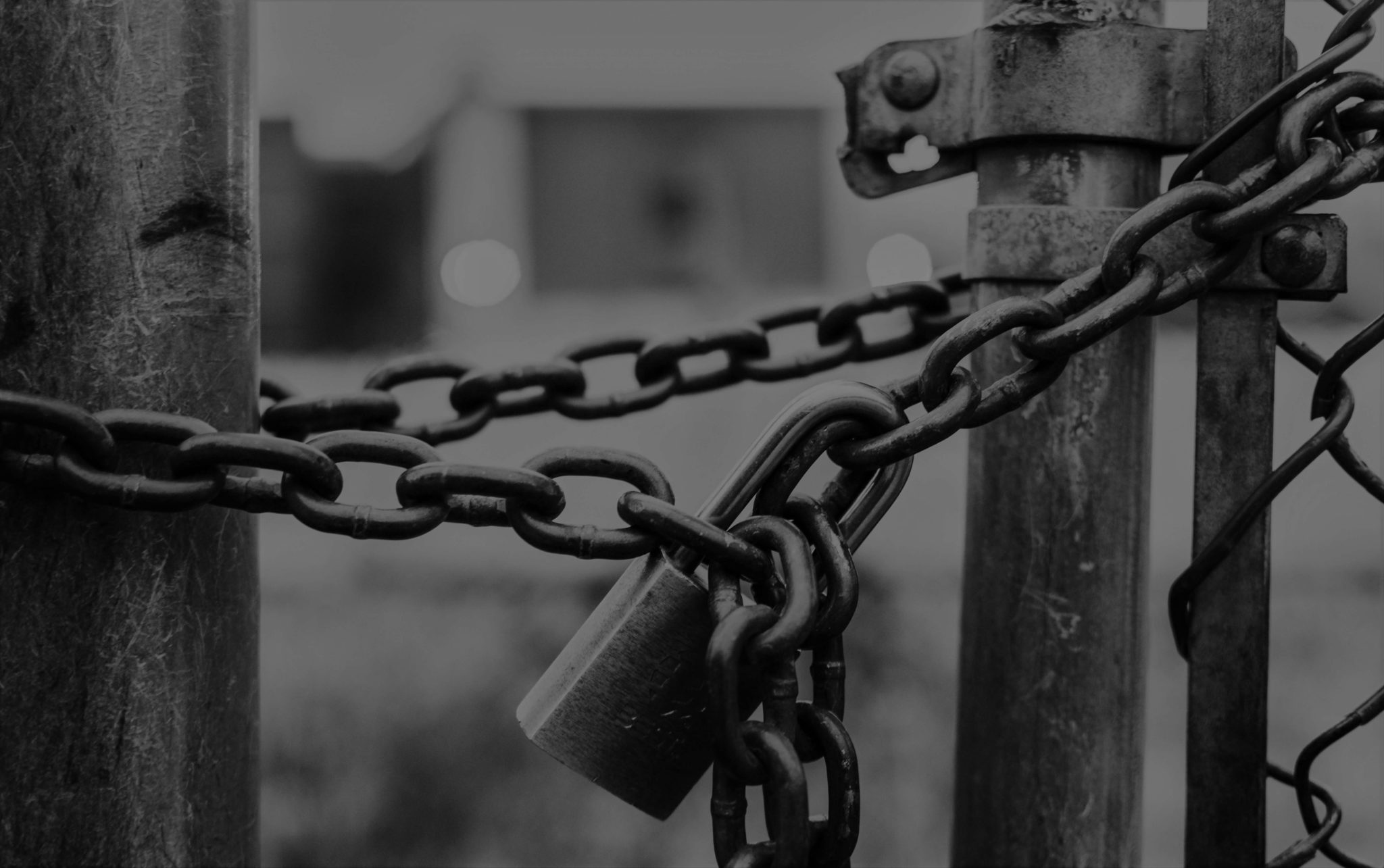The Modern Slavery Act (2018) came to pass on 1 January 2019 and for companies with a consolidated revenue of more than $100 Million it establishes mandatory reporting criteria. The first reports are due in February 2020 and information required will include:
- Their structure, operations and supply chains;
- Potential modern slavery risks;
- Actions taken to assess and address these risks; and
- How they assess the effectiveness of these actions.
What is this really about?
Modern slavery laws are an attempt by Government to increase the awareness of larger enterprises to their supply chain and their business practices especially when low paid workers are involved. As a consequence, those who have traditionally been exploited such as workers from immigrant and non-english speaking backgrounds and where the power imbalance has been very obvious are particularly susceptible.
Modern slavery generally covers:
- Slavery;
- Servitude;
- Forced Labour;
- Deceptive recruiting;
- Trafficking in persons;
- Debt Bondage;
- Forced Marriage; and
- Organ Trafficking.
To clarify, some of these types of conduct, such as forced marriage or organ trafficking are rarely applicable to Australian Companies, however the definition of modern slavery is an umbrella term, that captures many practices that may otherwise not be thought of as “Modern slavery’. Such practices include:
- Unreasonably withholding wages;
- Underpayment of wages;
- Excessive overtime;
- Excessive recruitment fees;
- Debt bondage;
- Significantly vague contractual clauses around overtime, wages and leave;
- Workers required to give their passports to employers;
- Unsafe work; and
- Low standard accommodation conditions.
What is the affect?
Australian companies, who have consolidated revenue of over $100 Million a year, are mandatorily required to report annually their modern slavery risks and the action they have taken to assess those risks to the Department of Home Affairs.
These statements will be published online on a Government-administered register. This register is publicly available on the Internet that allows form non-complying companies to be publicly “named and shamed”. To ensure high-level engagement, the statement has to be approved by the board of directors or equivalent and signed by a director.
Consequently, it will affect roughly 3,000 companies, and their annual slavery statements will have to be signed off at board level, to be published within six months of the publication of their annual reports. For example, companies included in this bracket include Uniting Care Australia, who are the lowest in the bracket ($100.56 Million) to Visy, who are the highest in the bracket ($6.7 billion). Companies such as Apple and McDonalds are not required to submit a report as they are not within the definition of “Australian Resident” per the Tax Legislation. More details can be found at this link (https://www.afr.com/leadership/afr-lists/top-500-private-companies/top-500-private-companies-2018-the-full-list-20180903-h14w4v)
On the other hand, smaller businesses will be able to report voluntarily.
Although there is no financial penalty the Act will rely upon the “name and shame” register to engender compliance.
The modern slavery statement will need to ensure it:
- Identifies the modern slavery risks in it’s supply chains and more generally in it’s operations;
- Provides training for employees, suppliers, contractors;
- Identifies any disclosures that will be required by contractors and stakeholders;
- identifies due diligence processes undertaken and any actions taken to rectify and address risks;
- assesses the effectiveness of the actions.
What to do?
Consequently, combating these risks for larger organisations will require a much deeper understanding of their suppliers and contractors. As a result, this will mean much more in-depth tender processes and procurement, the requirement to sign warranties to mitigate liability and even external audits to ensure compliance.
In short, in our view we believe the true effect of these modern slavery laws will be more felt by those companies who contract to $100 Million plus companies, those who provide labour hire services, contract cleaning, security and facility services, mining services companies and franchisees. That is to say, companies that use overseas workers should also be careful about their obligations under the modern slavery laws and the companies whom they may contract to who are subject to these laws.
Some actions that could be taken include:
- implementing a whistle blower hotline and policies (covered in Whistle Blower Laws Come In 1 July 2019. Are You Ready?)
- external audits required to ensure compliance with various laws such as the Fair Work Act 2009, Workplace Health and Safety Act and industrial instruments such as modern awards or enterprise agreements
- prioritising suppliers who declare that systems, policies and processes have been put in place that will prevent modern slavery
- hiring a business integrity manager whose job is to conduct regular risk analysis
- development of internal anti-slavery policies and processes such as internal checklists
- development of legally compliant plans to reduce risk of modern slavery
Expert advice starts with a conversation.
Reach out to NB Employment Law for enquiries or a complimentary 30-minute consultation.
📞 1300 066 267 | ✉️ [email protected]

